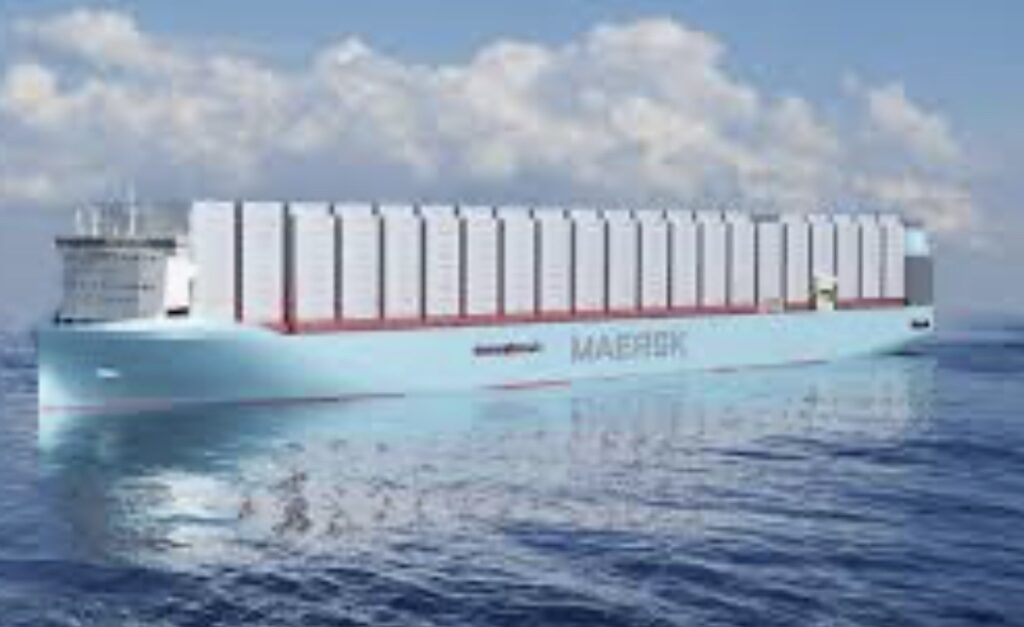Volvo Cars goes green at sea
Together with its logistics partners Maersk, Kuehne+Nagel and DB Schenker, Volvo Cars is switching to using renewable fuels on the majority of journeys across the world’s oceans. Sea transport is required to get materials and equipment for production in the car manufacturer’s factories around the world (Volvo has factories in Sweden, Belgium, the USA and China).

According to Volvo, they are the “first global car manufacturer” to make the switch from fossil to renewable fuels for this type of intercontinental sea freight. According to calculations, the amount of fossil carbon dioxide emissions is reduced by 55,000 tons annually, which is said to be at least 84 percent lower CO2 emissions than before. The amount of carbon dioxide that is reduced corresponds, according to Volvo Cars, to the amount that a fully loaded truck emits when driving around the equator – about 1,200 times.
The fuel that is switched to is what is called FAME, that is Fatty Acid Methyl Esters (Fatty Acid Methyl Esters in English) which are based on renewable and sustainable sources, above all from the waste of cooking oil. Volvo Cars points out that no raw material is linked to palm oil or palm oil production.
The renewable fuels used are certified and are said not to compete with the production of food crops and are classified as sustainable in accordance with the EU’s renewable energy directive.
You must be logged in to post a comment.